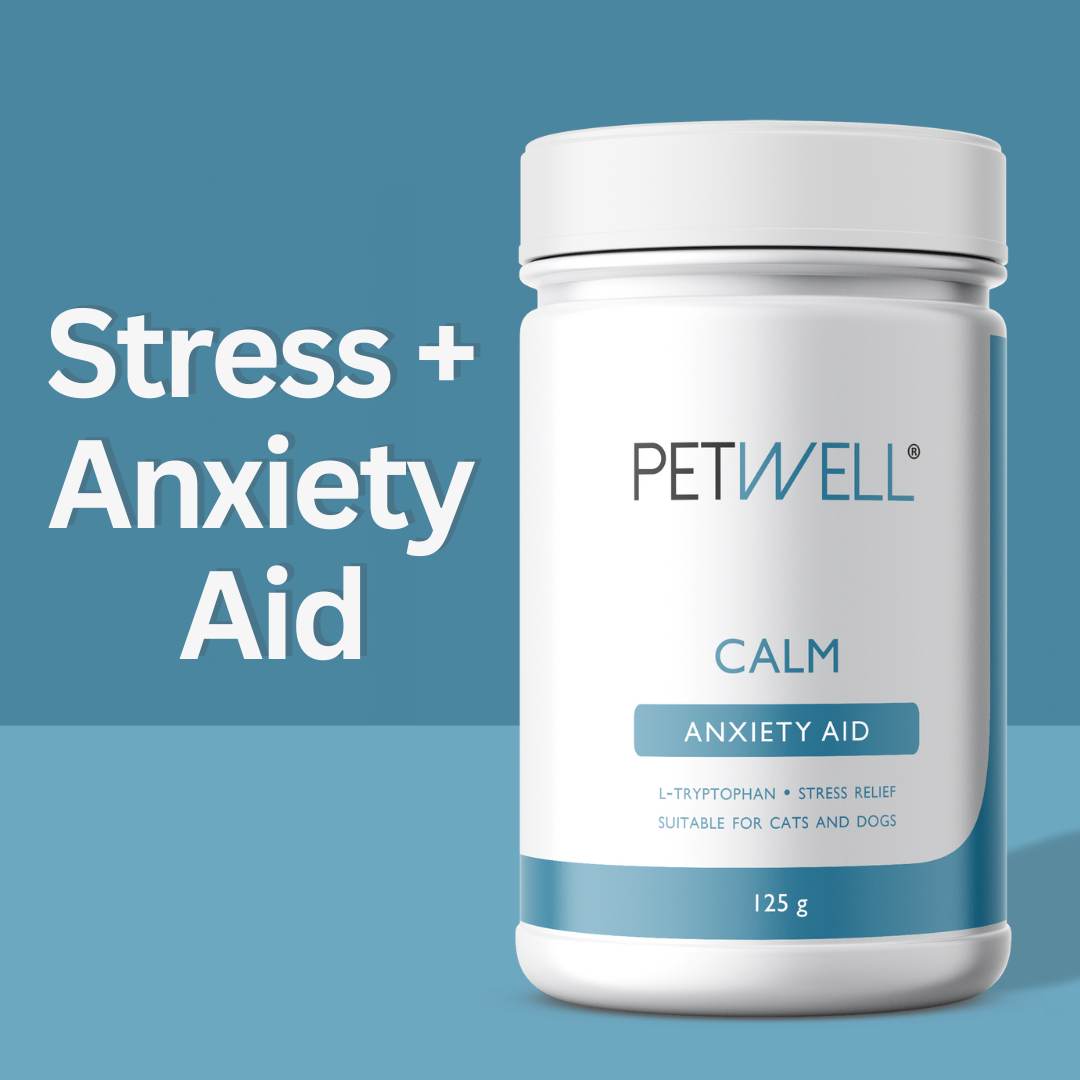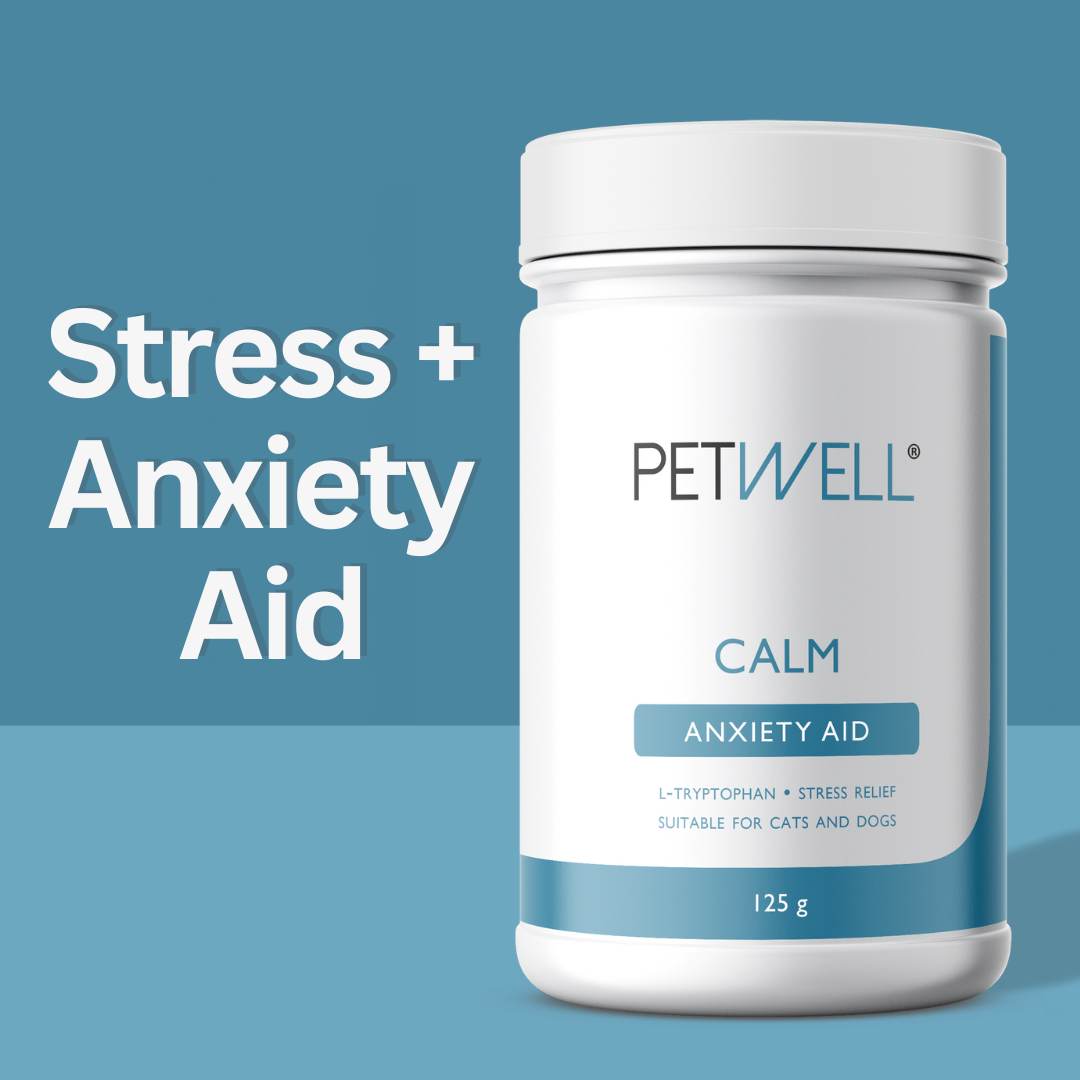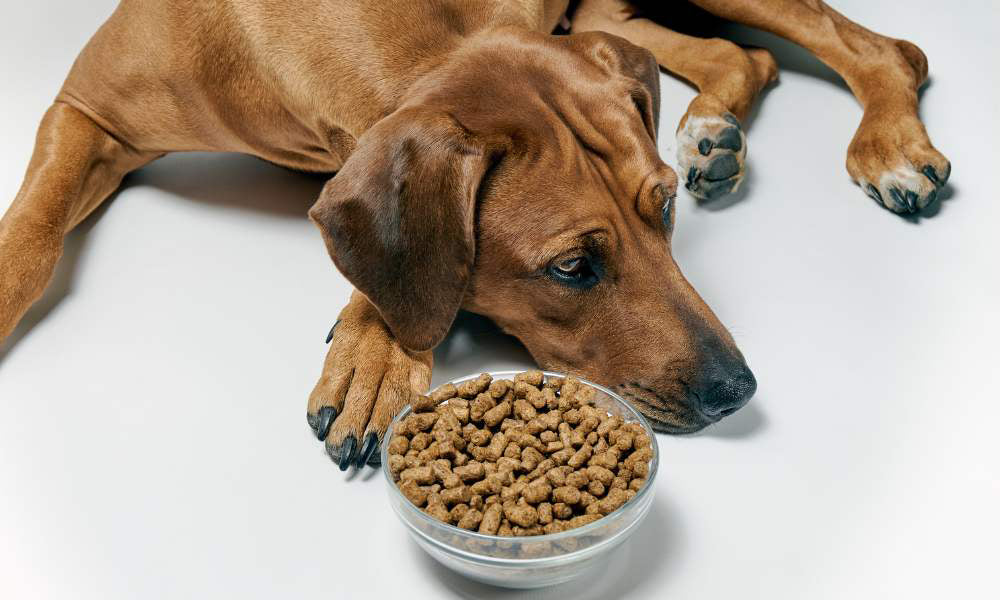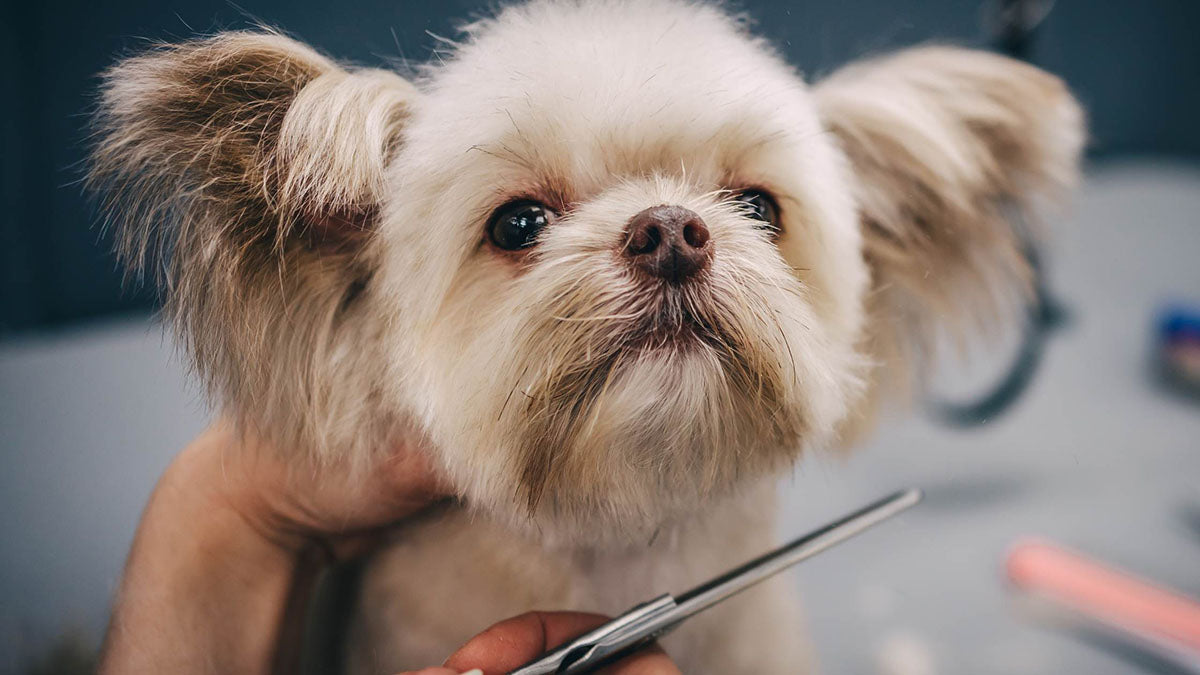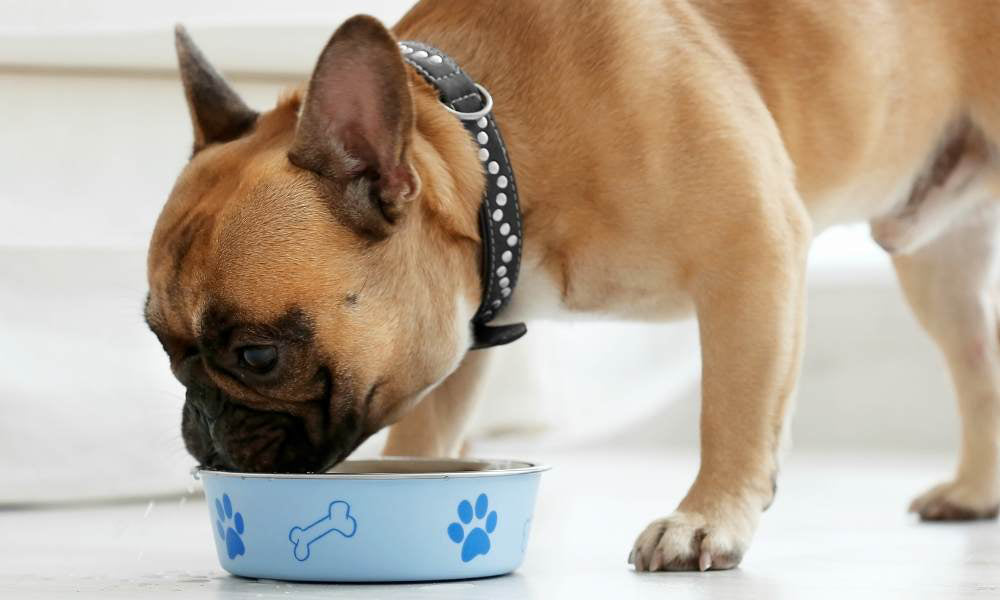Dog relaxation techniques that work. Studies show anxiety in dogs is far more common than we realise. In fact, over 70% of dogs in this study displayed signs of anxiety and stress. Unfortunately, most of us are unable to recognise the subtle cues our dogs display when they are suffering from this condition.
A natural way to ease pet anxiety is PetWell CALM supplement and CALM + LAMB functional treats. Formulated by a pet naturopath, these products are crafted with 100% natural ingredients, providing a harmonious solution for your pet's well-being.
PetWell® CALM contains a blend of wholesome ingredients to keep your pet happy and healthy.
CALM + LAMB functional treats take relaxation a step further with their tempting blend of lamb hearts and tripe, infused with the calming and immune-boosting properties of CALM supplement.
Dogs are masters at hiding their distress, making it easy to miss the tell-tale signs of anxiety. These cues may include excessive licking of lips and paws, destructive chewing, yawning when not tired, frequent panting when they're not hot, pacing, and even aggressive behaviour.
By being attuned to these subtle clues, we can provide the support and comfort our dogs need to alleviate their anxiety and help them lead happier, more relaxed lives.
Understanding the Importance of Dog Relaxation Techniques
Dogs, much like humans, can experience stress due to various factors. These can include separation anxiety, fear of loud noises, thunderstorms, vet visits, or even just daily life in a bustling household.
By incorporating relaxation techniques into their routine, you can help your canine companion maintain their physical and mental health.
Dog Relaxation Techniques

Massage
Just like humans, dogs can benefit from gentle massages. Soft, circular motions on their neck, shoulders, and back can help release tension and promote relaxation. If you're unsure about proper techniques, consult a professional dog masseuse.
Aromatherapy
Aromatherapy can benefit dogs. Certain scents, such as lavender or chamomile, are known to have calming effects. You can use essential oils in a diffuser or purchase dog-specific aromatherapy products designed to ease anxiety.
Music Therapy
Soft, calming music can have a soothing effect on dogs. Many dogs respond positively to classical or instrumental music. There are even playlists and apps designed specifically for dogs. Leave the music on when you're not at home to help ease separation anxiety.
Calming Supplements
As mentioned earlier, PetWell CALM Anxiety Aid contains natural L-tryptophan and L-theanine, both renowned for their calming properties. In addition, it includes the relaxation benefits of lemon balm and stress-reducing B-vitamins. Plus it’s loaded with antioxidants for maximum immune support.
Anxiety Wraps for Dogs
Thundershirts, or anxiety wraps, are designed to provide gentle, constant pressure to a dog's torso. This pressure can have a calming effect on many dogs, especially during thunderstorms or fireworks displays.
Mindfulness
Teaching your dog to practice mindfulness may sound unusual, but it can be effective. These techniques involve focusing your dog's attention and helping them stay in the present moment, reducing anxiety.
Exercise and Play
Regular exercise is one of the best ways to reduce stress in dogs. Engaging in play, running, or going for a walk can help your dog burn off excess energy and release tension.
Create a Safe Space
Dogs often seek refuge in small, enclosed spaces when they're feeling anxious. Provide a comfortable crate or a quiet room where your dog can go when they need to relax and feel secure.
Training and Positive Reinforcement
Proper training can help build your dog's confidence and reduce anxiety. Positive reinforcement methods can help them learn to cope with stressful situations effectively.
CBD Products
CBD (cannabidiol) products can help reduce anxiety in pets. Consult with your holistic veterinarian to determine if this is a suitable option for your dog.
How Stress Can Affect Your Dog's Health

Gastrointestinal Disorders
Chronic stress can lead to digestive problems such as diarrhoea, constipation, and vomiting. In some cases, it may even exacerbate conditions like irritable bowel syndrome (IBS) in dogs. Read more about Gastrointestinal Problems in Dogs: Symptoms and Management.
Skin and Coat Issues
Stress can result in excessive shedding, dry skin, and an increased likelihood of skin irritations or hot spots. Dogs may scratch or bite themselves more frequently, potentially leading to skin infections.
Weakened Immune System
Prolonged stress can weaken a dog's immune system, making them more susceptible to illnesses and infections. This can mean more frequent visits to the vet and a greater reliance on medications. Read more about how stress can weaken the immune system.
Weight Changes
Stress can cause fluctuations in a dog's appetite. Some may eat more when anxious, leading to weight gain, while others may lose their appetite, resulting in weight loss. Both scenarios can be detrimental to a dog's health.
Cardiovascular Issues
Chronic stress can put additional strain on a dog's heart, potentially increasing the risk of heart problems and hypertension. Read more for 7 Ways to Keep Your Pet’s Heart Healthy.

How Stress Can Affect Your Dog's Behaviours
Aggression
Anxious dogs may become more aggressive, which can be directed towards other animals, humans, or even inanimate objects. This can lead to dangerous situations for both the dog and those around them. Read more about What Causes Canine Aggression?
Destructive Behaviour
Dogs suffering from anxiety may exhibit destructive behaviours, such as chewing furniture, digging, or excessive barking. This not only results in property damage but can also be an outlet for their anxiety.
Separation Anxiety
Many dogs experience separation anxiety when left alone, which can lead to excessive howling, whining, or destructive actions to alleviate their stress. Read more about Separation Anxiety in Dogs
Compulsive Behaviours
Dogs may develop compulsive behaviours like excessive licking or tail chasing. These actions are often a response to stress and can become deeply ingrained habits.
Withdrawing:
Some dogs respond to anxiety by withdrawing or becoming excessively passive, avoiding interaction and play. This can affect the quality of their life and their relationship with their owners.
House-Soiling
Stress can lead to erratic bathroom habits, causing dogs to urinate or defecate indoors. This can be frustrating for pet owners and may require retraining.
Stress and anxiety in dogs can manifest in a range of health issues and behavioural problems, all of which can significantly impact their overall well-being.
In Summary
Incorporating dog relaxation techniques into your pet's routine can lead to a happier, healthier, and more well-adjusted dog. Remember that every dog is unique, so it may take some trial and error to discover which techniques work best for your pet.
The Science Behind It
Don’t just take our word for it, here are some evidence-based studies for you to review.
Research links of CALM ingredients
Disclaimer: The entire contents of this email and website are not to be taken as medical advice. The team at PetWell encourages you to make your own pet healthcare decisions based on your research. And in partnership with a qualified pet healthcare professional.






